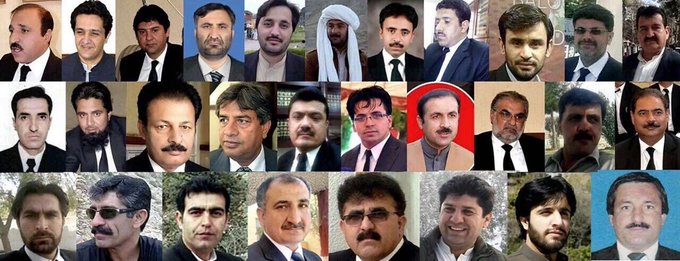Yet another boy was abducted in Lahore on Saturday and a failed kidnapping on Sunday led to the arrest of two suspects. The high frequency of these incidents tells us that this problem is far from imagined. Kidnapping remains rampant, and the police have, so far, been unable to unravel the motives or any possible connections, and have not even been able to figure out whether they are related, or just isolated incidents of abduction.
The issue is compounded and finding rising resentment by the perceived general apathy and disinterest of the police and the state, and nothing represents this more acutely than the statement of the Inspector General of Punjab Police, Mushtaq Sukhera, who implied that the issue is not as serious as is being portrayed, because many children are “runaways”.
The IGP is a man one would assume to be well informed, but undermining the parenting capabilities of the parents of over 600 missing is not an appropriate response to deliver to their parents – or to the country watching what steps Punjab takes to find its children. The IG in taking responsibility would not be admitting policing failure, but would be taking on the burden of service that the public is expecting him to shoulder in their time of grief and anger.
No one is asking the police or the government to keep an eye on each and every child running through the streets, but the matter is one to treat with a greater sense of urgency than has been demonstrated, while being sensitive to the emotions of the parents that have missing children. Nothing more is expected at this point, but even asking for this seems excessive, when you look at the numbers cited by AIG Shahzada Sultan; in 2015, 1134 children were supposedly abducted (the actual number may be much higher), out of which 1093 were supposedly recovered. Will it take 400 more children to be abducted this year before we see action?
http://nation.com.pk/editorials/09-Aug-2016/abductions-and-abstractions

